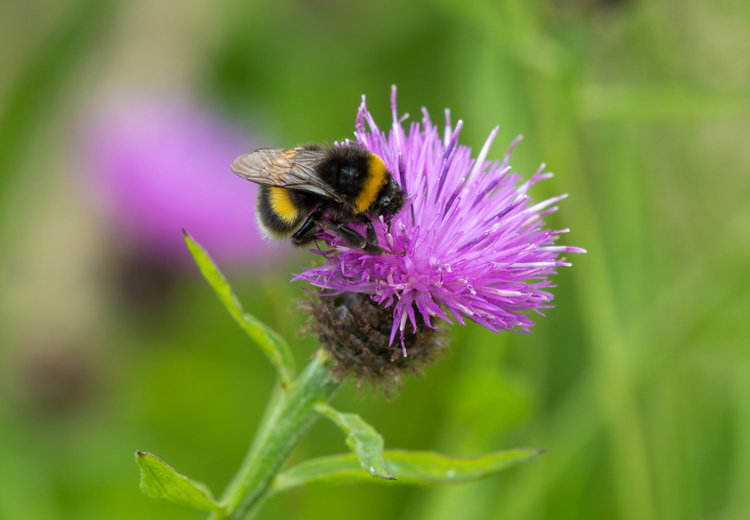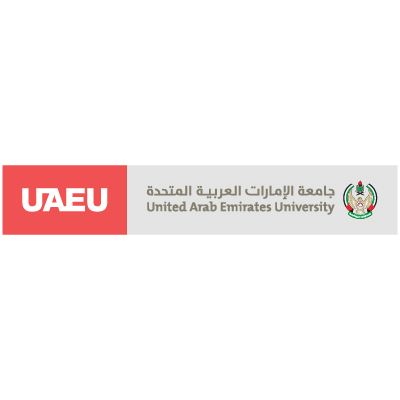Tackling climate change by exploring the genetic variations of bumblebees

Sponsored by

Sponsored by

UAEU has pioneered research into the genetic variations of bumblebees in the hope that these pollinators might be able to adapt to climate change
Climate breakdown may be one of the biggest problems facing the world today, but assistance could be found by researching one of the planet’s smallest creatures. At the United Arab Emirates University (UAEU), Oliver Manlik and Sunil Mundra, assistant professors of biology in the College of Science, are exploring the impact of climate change on the parasitic infection of important pollinators. They have published an article on their research in the journal Global Change Biology.
“We began by screening wild bumblebees for infection with a fungal parasite, which has a strong negative impact in terms of fitness, reproduction and survival rates,” Manlik explains. “We know that at least some of the bumblebee declines being witnessed in North America are attributable to this parasite. We also found that infection rates were higher when a heatwave occurred in Central Europe. In fact, looking at various climatic parameters, we found a strong correlation between parasitic infection and climate.”
Interestingly, researchers also looked at the mitochondrial genes of the infected bees and found that the climate’s effect on infection rates was determined by the host’s genotype. “So, in effect, the impact of climate change on the parasite infection of bumblebees is dependent on genetic variance,” Manlik says. “Very few studies have shown this.”
It is hoped that the research could lead to very real benefits in the fight against the climate crisis. For instance, each year as much as £490 billion worth of global food production relies on the contribution of pollinators. “Due to the genetic variance, we observed that some of the bumblebees possessing certain genetic variants actually appear more resistant to the fungal infection as the climate warmed,” Manlik says. “So, with increasing temperatures, different genetic variants could enable some pollinators to adapt to climate change.”
To effectively combat climate change, further collaboration at the national and international levels is extremely important to ensure the research has global impact. “Climate change is a global issue,” Mundra says. “Tackling it will require global solutions, which will naturally depend on collaboration. As such, you need data with a global reach. However, it is not feasible for one researcher to collect information from all over the world. The climate impacts we are observing on biodiversity in other environments of the world may not be applicable to hyper-arid environments. That’s why you must rely on research in hyper-arid environments as well, which prevails in UAE.”
“Collaboration is always important,” Manlik says. “Different experts can not only contribute different data points but also different insights. For example, when collecting data on pollinators in Switzerland, we collaborated with scientists from ETH Zürich.”
Climate change is not the sort of challenge that can be overcome immediately. It requires prolonged, continuously evolving research. “At UAEU, I am exploring the impact of climate change, particularly aridity, on the desert and mangrove forest microbiome and their functions,” Mundra says. “As well as looking at the impact of climate change on the emergence of antimicrobial resistance in the desert soil microbiome across the Middle East, I am also assessing polar biodiversity and its relationship with environmental changes.”
“Building on our genetic discoveries, we are interested in seeing what makes organisms here in the Middle East suited to life in extreme environments. What genetic variations have enabled their adaptation?” Manlik says. “I am also planning a future project involving copepods, a form of small crustacean, where we plan to mimic future climatic conditions in the laboratory. These research projects certainly provide hope that we can identify genetic variants that may allow organisms to adapt to future climate challenges.”
Find Oliver Manlik and Sunil Mundra on Twitter.
Find out more about the College of Science at UAEU.